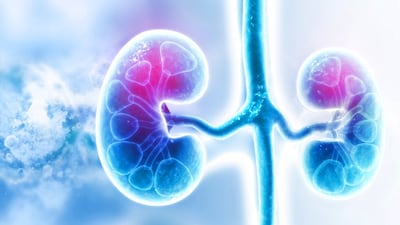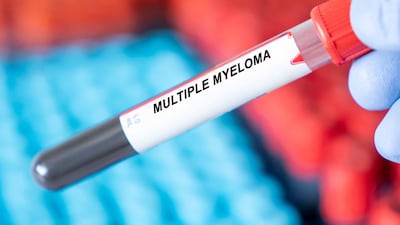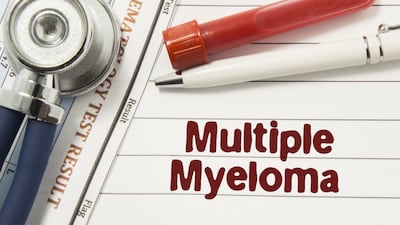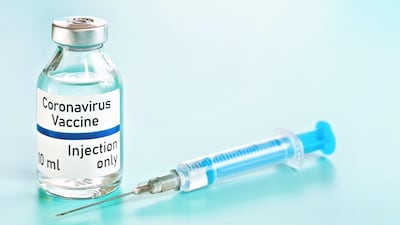Market Snapshot
With late-stage trials advancing and regulatory guidance in place, psychedelic medicines are nearing a pivotal moment in their path to market. Success will hinge on overcoming clinical, logistical and commercial challenges.
IgA nephropathy has gone from having zero to three approved treatments in just a few years, with over half a dozen more in late-stage development. But there are still many unknowns.
Topical, oral and biologic drugs have made a difference for patients with atopic dermatitis, but full control remains elusive for many, with the heterogeneous condition, leaving open a door for new medications.
More BCMA-directed therapies are in development, as well as ones targeting GPRC5D and FcRH5, along with CELMoDs. The question is how to bring those into therapy and pay for them.
KOLs told Scrip about how they are incorporating new immunotherapies into treatment and combining existing agents, but some new drug classes have struggled to take root.
Multi-product players may be able to use bundled rebates for preferred formulary status and biosimilars offer a new competitive dynamic, but there is hope for novel therapies.
Remission rates with existing therapies leave much room for improvement, so a variety of treatments are needed – leaving major players attempting to carve unique paths in a crowded market.
The ulcerative colitis and Crohn’s disease landscapes may shift soon but new drugs will compete with entrenched blockbusters, including Humira, Stelara and Entyvio, with biosimilars on the way.
The multiple sclerosis drug market is more competitive than ever, though new options work through existing mechanisms of action. Unmet need remains despite numerous drugs, and competition clustered in the same classes creates pressure.
While spinal muscular atrophy therapies Evrysdi and Zolgensma have gained ground at the expense of pioneer Spinraza, emerging myostatin inhibitors promise a complementary mechanism that could enhance functional outcomes.
While many HAE patients converted from injectable prophylaxis to BioCryst’s oral Orladeyo last year, physicians said a promising injectable candidate from Ionis could benefit from varied patient preference.
The highly genericized bipolar disorder market is set for change as both new long-acting injectable formulations of older products and novel therapies reach the market, while firms like NRx and BioXcel target major unmet needs in a disease that needs more R&D.
Scrip's Kevin Grogan joins Datamonitor's Pamela Spicer and Davinderpreet Mangat to discuss the skin disease landscape and whether atopic dermatitis is now where psoriasis was a decade ago as another wave of innovative products start to reach the market.
Pfizer's Prevnar 20 and Merck's Vaxneuvance are launching simultaneously and are expected to help drive vaccines growth for both big pharmas.
Regeneron's Eylea and Roche's Lucentis currently dominate the treatment market for wet-AMD and diabetic eye disease, but biosimilar ranibizumab and new brand launches are on the horizon.
Market Snapshot: The ulcerative colitis market looks set to experience strong pricing pressure over the next three to five years, with leading players losing exclusivity for their drugs and a flood of novel entrants set to hit the market.
The value of the COVID-19 market reached more than $8bn in the first quarter, fuelled by mRNA-based vaccines, but the future growth of the sector depends on the rather unpredictable course of the pandemic, and the response of healthcare providers and countries.
Market Snapshot: Acute myeloid leukemia is a serious condition that affects people mainly in late middle age, for which there is a large R&D pipeline of candidate products being researched by pharmaceutical and biotech companies, many of whom are using a targeted medicine approach.
Market Snapshot: GSK's Blenrep and BMS's Abecma are the first of many drugs for the late-line setting. In many cases, the CAR-T may be the first choice, but some patients are unable to handle it or risk progressing while awaiting treatment.
Market Snapshot: Gilead’s Biktarvy and ViiV’s two-drug regimens are expected to dominate the HIV market over the next few years as market exclusivity losses loom, but drugs with new mechanisms of action, and longer-acting products, might influence market dynamics.




















